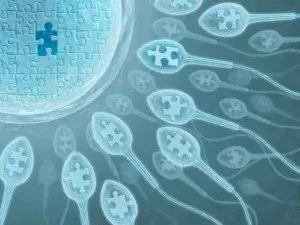If you’re trying to conceive, it can be hard to wade through all the information in regards to fertility to know where to start. One common recommended step to increased fertility is leading a healthy lifestyle including diet and exercise. The question is, how does fertility really affect fertility, and is it good or bad?
Does exercise increase female fertility?
It’s no secret fertility in women is strongly affected by hormones, such as estrogen, but fewer wo
Exercise also is an effective method of relieving stress. Stress can lead to depression and interrupted or irregular menstruation. Both of which decrease your chances of becoming pregnant.
Can exercise decrease female fertility?
On the flip side of this coin, too much exercise can also decrease fertility. As stated estrogen is produced by fat cells, and estrogen is essential in the production and release of eggs as well as the ripening and preparation of the body for pregnancy. If you have too little body fat, not enough estrogen will be produced which can lead to infertility.
On top of this, strenuous exercise and/or intense aerobic exercise reduces the production of progesterone and affects menstruation. Progesterone prevents the body from menstruating after an embryo has implanted. Some recent studies also show that excess exercise leaves the body too drained to make the necessary changes for pregnancy.
What about exercise and male fertility?
Intense exercise has been shown to decrease fertility in men as well. Exercise reduces the level of testosterone in the male body, which results in less sperm. However, moderate exercise helps keep the body healthy, which means healthier sperm. Though studies are inconclusive, it is suggested that high body fat levels may also lead to infertility in men. Reasons for this are unknown. One suggested cause is an inability to penetrate as deeply during sex resulting in a further swim for sperm to reach the egg. Certain sexual positions may remedy this.
In short, moderate exercise will help maintain a healthy body weight, hormone levels, and stress level in both sexes, which will lead to increase fertility. While in both cases, extreme or excess exercise may result in the opposite or infertility.
